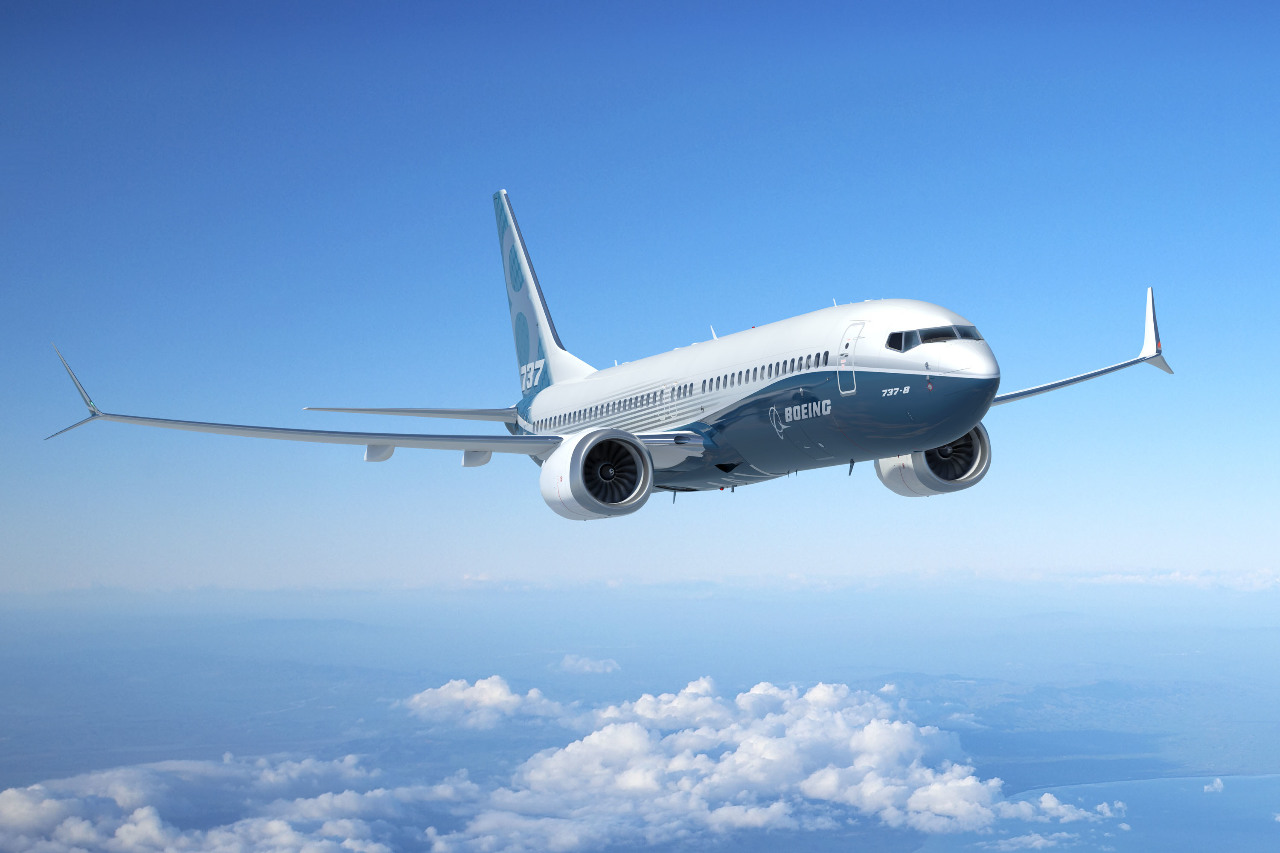CFM International's LEAP-1B engine was simultaneously awarded Type Certificates by both the European Aviation Safety Agency (EASA) and the U.S. Federal Aviation Administration (FAA) on 4th May, paving the way for entry into commercial service in 2017. The dual original certification from both agencies reflects CFM's 50/50 design and production structure between parent companies GE and Safran.
The LEAP-1B engine flew for the first time on the Boeing 737 MAX on 29th January 2016. Two more aircraft have since been added to the test programme. These three airplanes have logged a combined total of more than 100 test flights, including recent high altitude flight testing in La Paz, Bolivia.
Advanced technology features of the LEAP-1B engine include 3-D woven carbon fibre composite fan blades and fan case; a unique debris rejection system; 4th generation three dimensional aerodynamic designs; the Twin-Annular, Pre-Swirl (TAPS) combustor featuring additively manufactured fuel nozzles; ceramic matrix composite shrouds in the high-pressure turbine; and titanium aluminide (Ti-Al) blades in the low-pressure turbine.
The engine is designed to provide operators with double-digit improvements in fuel consumption and CO2 emissions compared to today's best CFM engine, along with substantial reductions in engine noise and exhaust gaseous emissions.
In addition to the LEAP-1B - the exclusive engine for the Boeing 737 MAX - the LEAP family includes the -1A version being proposed as one of the two engine options on the competing Airbus A320neo and the -1C, for China's COMAC C919. Overall, CFM has received orders for a total of more than 10,500 LEAP engines across all three models.

